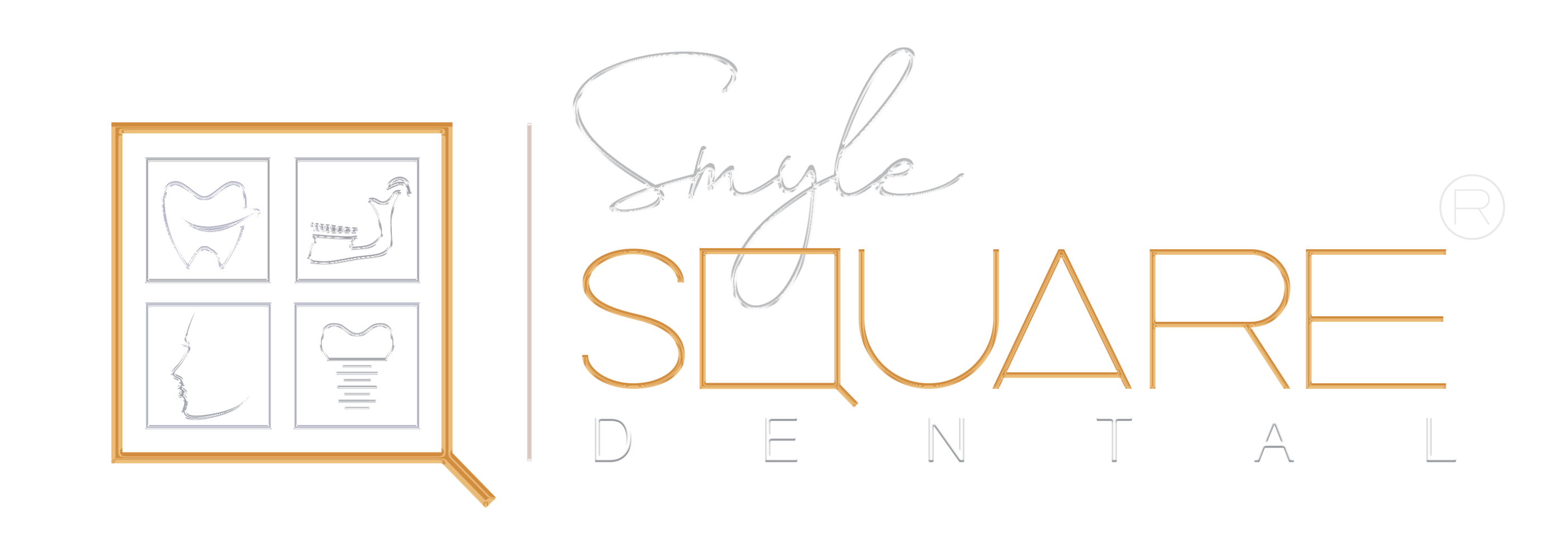Do you ever hear that annoying click in your jaw or find it difficult to open and close your mouth smoothly? Jaw clicking and lockjaw are more common than you might think, often sneaking up due to stress, jaw misalignment, or muscle tension. For some, it’s a minor inconvenience; for others, it can be a real pain (literally), affecting eating, speaking, or even sleeping.
That’s where neuromuscular dentistry steps in, offering specialized techniques to bring relief, realign your jaw, and ease that nagging jaw pain.
Understanding Why the Jaw Clicks
Our jaws are connected to some of the most complex joints in the body—temporomandibular joints (TMJ). These joints not only allow for jaw movement but also connect directly with your muscles, nerves, and bones in ways that can impact overall comfort and alignment. If something’s off with your TMJ alignment, it can lead to clicking sounds, jaw locking, or even chronic pain in your head and neck. This imbalance could be a result of stress, injury, teeth grinding, or even poor posture.
Neuromuscular Dentistry: A Solution Beyond the Surface
Neuromuscular dentistry focuses on aligning the muscles, joints, and teeth to find a balanced jaw position. When your jaw is in its ideal position, you’re less likely to experience clicking or lockjaw. Treatments range from gentle muscle relaxation techniques to specialized orthotic devices that help ease the jaw into alignment.
For those dealing with ongoing jaw pain, this approach offers an effective way to address not just the symptoms but the root causes.
Tips to Reduce Jaw Clicking and Lockjaw
Whether it’s an occasional click or a stubborn lockjaw issue, there are steps you can take to find relief. Here are some expert tips from neuromuscular dentistry to help keep your jaw happy:
1. Try Gentle Jaw Exercises
Gentle exercises, like slowly opening and closing your mouth or pressing your tongue to the roof of your mouth, can help relax and strengthen jaw muscles. Doing these exercises regularly can reduce the tension in your jaw and improve its range of motion. Even a small effort to strengthen your jaw muscles can prevent clicking and reduce the chance of lockjaw episodes.
2. Consider Using a Jaw Orthotic
A jaw orthotic, also known as a mouthguard, can help hold your jaw in its most natural, relaxed position. By wearing it at night or even during the day (depending on the severity of your issue), you allow the jaw muscles to rest in a balanced position. It’s a simple yet effective way to relieve TMJ strain and stop that clicking sound. If you’re exploring jaw pain treatment, orthotics could be the non-invasive support you’ve been looking for.
3. Practice Stress Management
Stress can lead to jaw tension, which often makes jaw clicking or lockjaw even worse. Techniques like deep breathing, meditation, and even regular physical activity can help reduce stress levels. You may even catch yourself clenching or grinding your teeth when stressed—recognizing and releasing this habit can go a long way. So, the next time you’re feeling tense, take a moment to breathe and unclench!
4. Mind Your Posture
Ever catch yourself hunching over your phone or desk? Poor posture can strain your jaw muscles, contributing to misalignment. Try to keep your shoulders back and head up as much as possible, which helps keep your jaw in a relaxed position. Good posture doesn’t just look better; it feels better, too, especially for your jaw.
5. Explore TENS Therapy for Jaw Relaxation
TENS (Transcutaneous Electrical Nerve Stimulation) therapy is a popular technique in neuromuscular dentistry. TENS therapy uses gentle electric pulses to stimulate and relax the muscles around your jaw, helping relieve pain and reduce jaw tension. By relaxing the jaw, you reduce the clicking and risk of lockjaw. It’s a quick and effective way to release tight muscles without needing more intense interventions.
Small Changes, Big Relief
From regular jaw exercises to a supportive orthotic, small lifestyle changes can make a huge difference in how your jaw feels. Addressing jaw alignment and muscle relaxation with the help of neuromuscular dentistry offers a practical and effective way to manage TMJ discomfort and lockjaw. And the best part? With the right support, these issues don’t have to get in the way of your daily life.
If you are looking for jaw pain treatment in Pune, book an appointment with our expert for more information.



